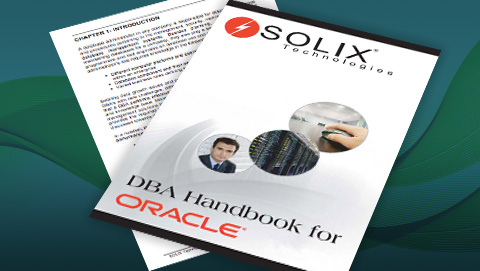Open Table Format
What is Open Table Format?
Open table formats refer to non-proprietary file formats and can be accessed and manipulated by various database management systems (DBMS). Unlike closed or proprietary formats, open table formats are designed for interoperability and ease of integration across different software platforms.
Why Open Table Formats?
Open table formats play a pivotal role in fostering interoperability between diverse database systems, facilitating the seamless exchange of data without encountering compatibility issues. This promotes vendor independence, allowing users the freedom to choose software and ecosystems without being tied to a single vendor. Moreover, open formats encourage collaborative development efforts within the database community, leading to ongoing improvements and innovative solutions that benefit users across various platforms.
Benefits of Open Table Formats
Open-table formats have been adopted by top businesses across industries as they provide the following benefits:
- Data Portability: Open formats facilitate easy transfer of data between different databases, applications, and platforms.
- Standardization: They promote data storage and exchange standardization, ensuring consistency and reliability.
- Cost-Effectiveness: Users can avoid vendor lock-ins and associated costs, such as licensing fees and proprietary software requirements.
- Future-Proofing: Open formats are less susceptible to obsolescence, as they are supported by a wider range of software solutions and have active communities for maintenance and updates.
Key Considerations for Open Table Formats
- Compatibility: Ensure that the open format you choose is compatible with the database management systems you intend to use.
- Data Integrity: Verify that the format supports data integrity features such as constraints, validations, and error-handling mechanisms.
- Performance: Evaluate the performance impact of using open table formats, considering factors like data size, indexing, and query optimization.
- Security: Assess the security measures the format provides, including encryption options, access controls, and data masking capabilities.
- Community Support: Consider the availability of documentation, forums, and community support for the chosen open format to aid in troubleshooting and development.
Widely Adopted Open Table Formats
- Apache Hudi: Apache Hudi is an open-source data lake platform that simplifies managing data in data lakes. It offers a unified storage layer on your existing distributed storage system. This layer enables efficient data processing, stream ingestion, and lifecycle management, all while ensuring data consistency and integrity. It enables efficient data processing, stream ingestion, and data lifecycle management.
- Apache Iceberg: Apache Iceberg is a table format that focuses on efficient data management for large-scale analytics. It offers features such as schema evolution, snapshot isolation, and time travel queries, allowing users to manage evolving data schemas and perform consistent analytics across different versions of data. Iceberg is widely used in cloud data lakes and data warehouses for its scalability and performance optimizations.
- Delta Lake: Delta Lake is an open-source storage layer built on top of Apache Spark for reliable and scalable data lakes. It provides ACID transactions, schema enforcement, and data versioning capabilities, enabling data engineers and analysts to build robust data pipelines and perform consistent data processing tasks. Delta Lake is commonly used in modern data platforms for its data reliability and compatibility with existing Apache Spark workflows.
These top open table formats offer a range of features and capabilities suited for various data management scenarios, from real-time analytics to batch processing and data warehousing. Organizations can choose the format that best fits their requirements and integrates seamlessly with their existing infrastructure and workflows.
By embracing open table formats, organizations can leverage the advantages of data interoperability, flexibility, and collaborative innovation while mitigating risks associated with vendor dependencies and proprietary technologies.
FAQ
How do these open table formats compare to traditional database systems?
Unlike traditional database systems that may have proprietary formats and limited interoperability, open table formats provide greater flexibility, scalability, and compatibility across different data platforms and technologies. They are designed to handle large-scale data processing and analytics workloads efficiently.
Can open table formats be used in both on-premises and cloud environments?
Yes, open table formats like Hudi, Iceberg, and Delta Lake are designed to work seamlessly in various environments, including on-premises data centers, cloud platforms (such as AWS, Azure, and Google Cloud), and hybrid deployments. They offer flexibility in data storage and processing, regardless of the underlying infrastructure.
Are there any limitations or challenges associated with using open table formats?
While open table formats offer numerous benefits, organizations may encounter challenges related to learning curve, migration complexities, and ongoing maintenance. It’s important to assess these factors and have a clear strategy in place for adopting and managing open table formats effectively.





